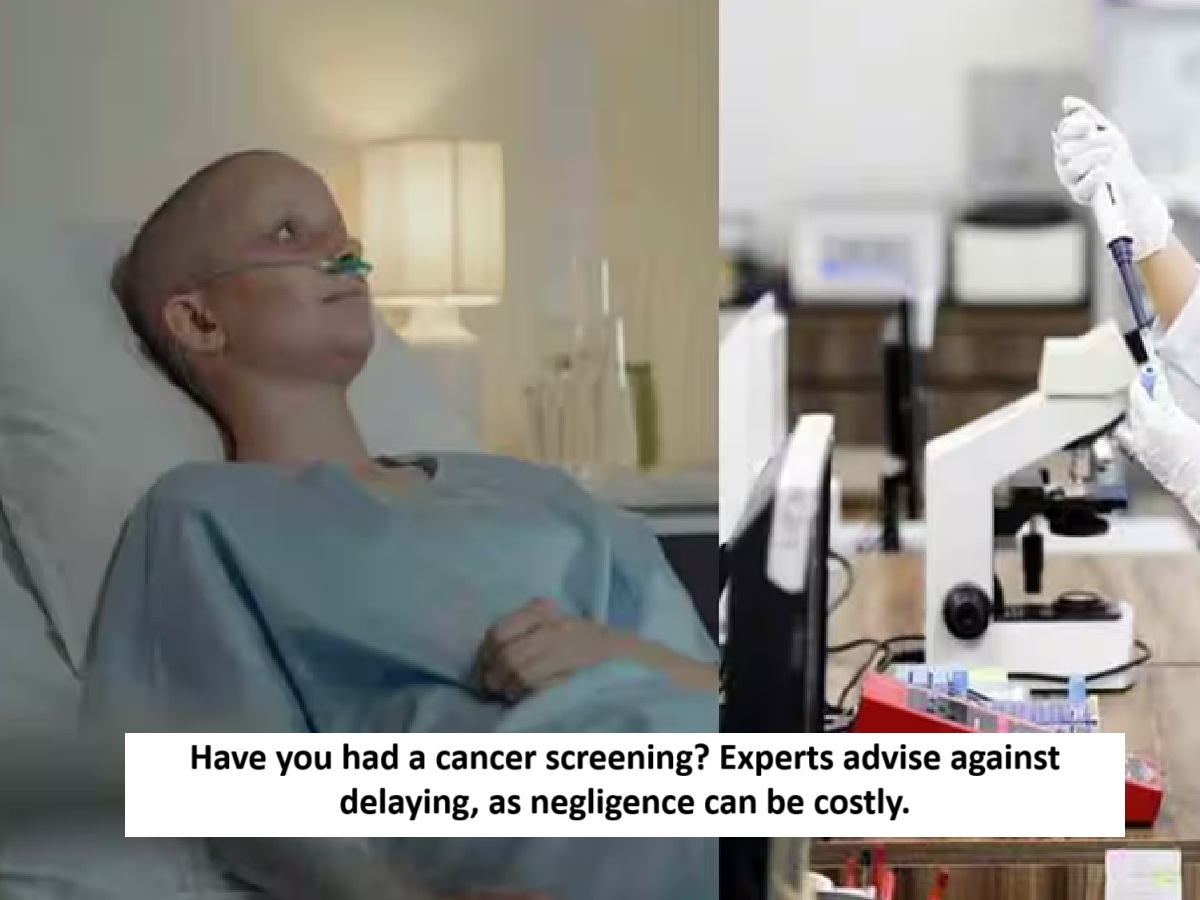
News Topical, Digital Desk : Cancer has become the most deadly disease today. However, the good news is that if detected early, treatment can be easy and effective. Yet, only about 29 percent of people in India get screened on time, meaning that in most cases, the disease is detected only after it has already progressed. Experts say that regular screening can eradicate cancer and save lives. So, let's explore why cancer screening is important and which tests should be done when.
Why is cancer screening important?
The biggest danger of cancer is that it doesn't show any symptoms initially. By the time the disease begins to show its effects, it has often already spread throughout the body. If cancer is detected in its early stages, treatment is easier, less expensive, and the chances of recovery are higher. This is why doctors repeatedly advise getting timely screenings.
What is the situation in India?
Every year, approximately 1.4 million new cancer cases are reported in India. Most of these are detected late. Overall, only 29 percent of cancers are detected early. Of these, only 15 percent of breast cancer cases are detected early. Only about 33 percent of cervical cancers are diagnosed early. Meanwhile,
oral and colorectal cancers are detected early in less than 20 percent of cases. These figures show that India needs a great deal of awareness and regular screening.
Which tests should be done and when?
According to the government and health experts, after a certain age, every person should get some important cancer tests done.
1. Mouth cancer - All adults above 30 years of age, especially men who consume tobacco or alcohol, should get a mouth examination (VIA/VILI) done once a year. In this, the doctor examines the inside of the mouth with acetic acid or Lugol's iodine.
2. Cervical Cancer - Women aged 21-29 should have a Pap test every three years. Women aged 30-65 should have a Pap test every five years, an HPV test, or just a Pap test every three years.
3. Breast Cancer - Women over the age of 30 should have a clinical breast exam every year. After age 40, mammography or ultrasound is necessary every 1-2 years. If someone in the family has had breast cancer, screening should begin early.
4. Colorectal Cancer – People above 45 years of age are advised to undergo colonoscopy or stool-based test every 5–10 years.
5. Lung cancer - Heavy smokers aged 55-80 are recommended to have a low-dose CT scan once a year. This test is not necessary for the general population.
6. Prostate Cancer - Men over 50 are advised to have a PSA blood test and a digital rectal examination. If someone in the family has had this cancer, screening should begin earlier.
--Advertisement--

 Share
Share



